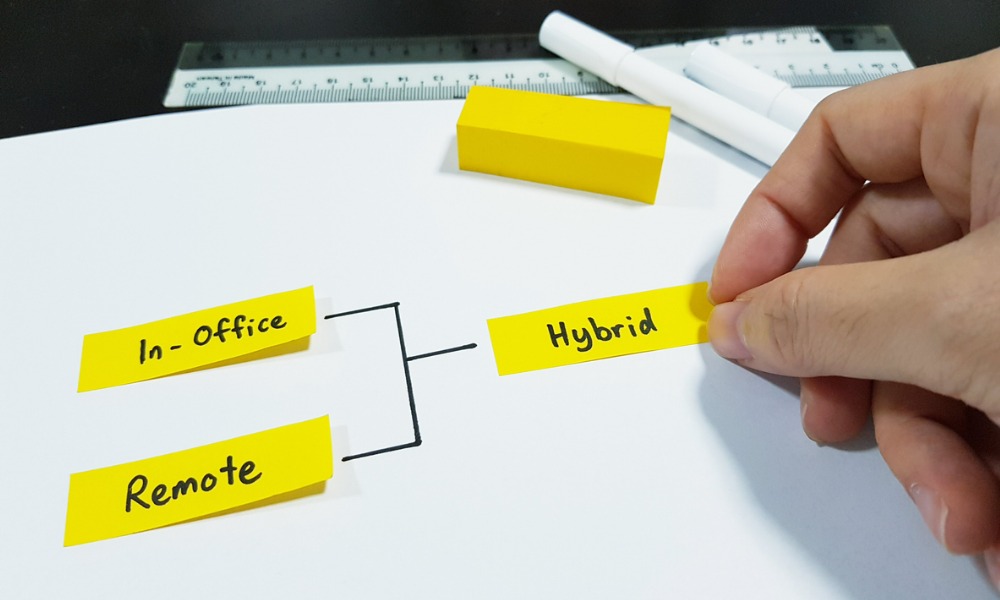
Under mandate, employers can still offer flexi-work, flexi-time

The growing five-day office return policies will not be in conflict with Singapore's mandate to employers to formally consider flexi-work requests starting this December, according to the Singapore National Employers Federation (SNEF).
Hao Shuo, CEO designate of the SNEF, pointed out that employers can still offer flexibility to employees despite asking them to return onsite five days a week.
"To clarify, a return to office doesn't mean that the employer is not offering other flexibilities, like flexi-time or even flexi-load for employees who may want to work half time," Hao told Channel News Asia.
"So, I don't think the two concepts are really at odds with each other now."
The CEO designate made the clarification as Singapore's Tripartite Guidelines on Flexible Work Arrangement Requests take effect starting next week.
The guidelines mandate employers to formally consider requests for flexible work arrangements (FWA) from employees, including flexi-place, flexi-time, and flex-load.
According to Hao, awareness among employers has "certainly improved" over the past few months following engagements from the SNEF, NTUC, and the Ministry of Manpower.
"So among the SNEF members itself — I think we covered about 800,000 employees, so a large segment of the workforce will be covered by employers who are aware of how to evaluate requests for FWA," Hao added.
He acknowledged that while some smaller employers might face challenges implementing the mandate, this could actually become an advantage for them in recruiting talent.
"We know companies that actually implement FWA may be better able to attract certain segments of the population back to work, for example, seniors, or even retirees who are outside the workforce, or caregivers," Hao said.
"If the company actually offers flexible work arrangements, then these individuals are more likely to return to the workforce and employers actually can tap on a broader pool of talent to support their manpower needs."
Lauren Huntington, Organisational Psychologist & Employee Experience Strategist at Qualtrics, agreed that attracting and retaining talent will be an "obvious benefit" from the mandate.
"Additionally, Qualtrics research shows workplaces offering hybrid work models achieve higher levels of employee experience, which often results in cultivating high-performing and productive teams," Huntington said in a statement to HRD.
According to the organisational psychologist, the new guidelines come as positive employee experience in Singapore has gone backward in the last 12 months, with flexibility demands falling short of employees' work and personal needs.
"Programmes and initiatives like the ones coming in will give workers autonomy to do their jobs and improve ways of working, which are both key drivers of engagement - leading to improved experiences and productivity," Huntington added.